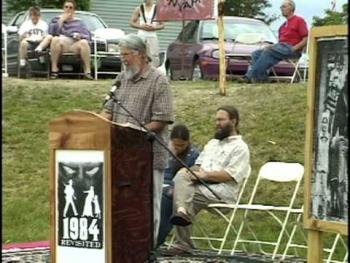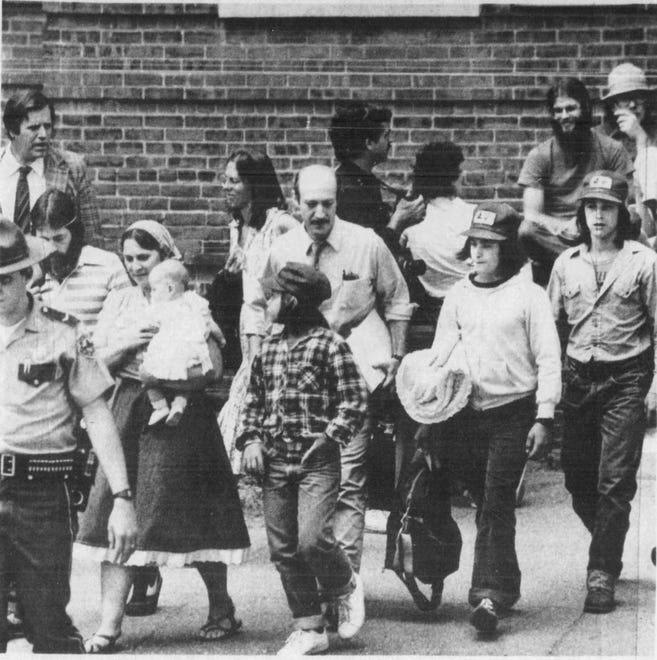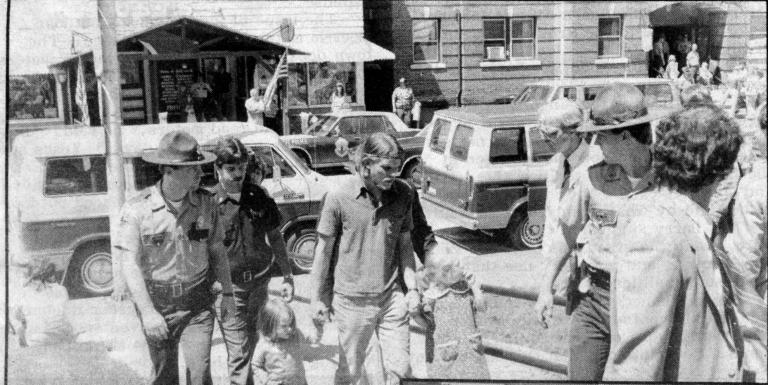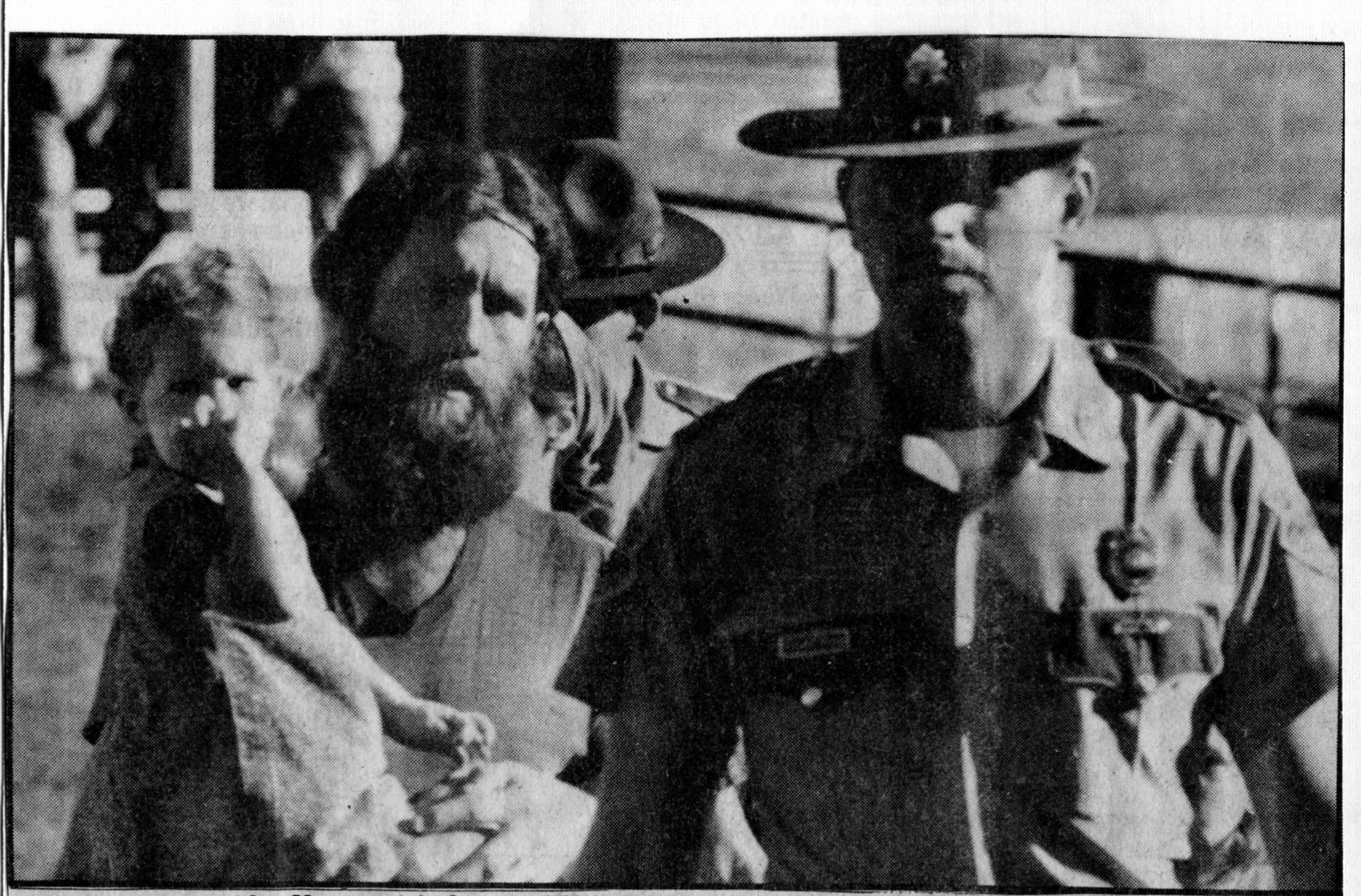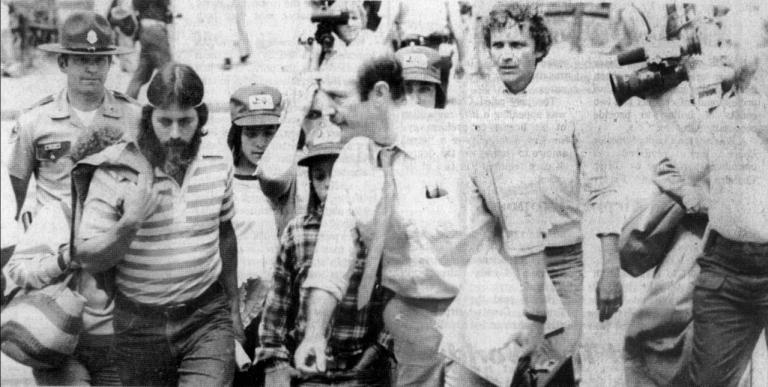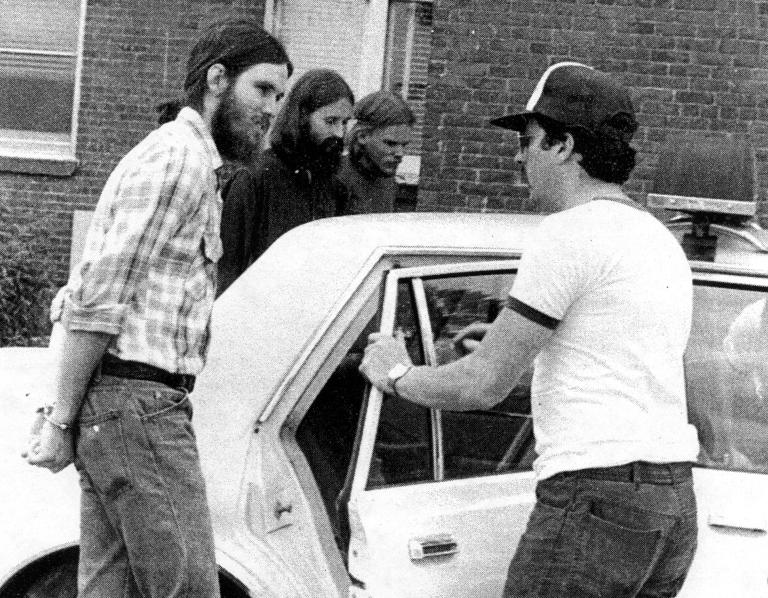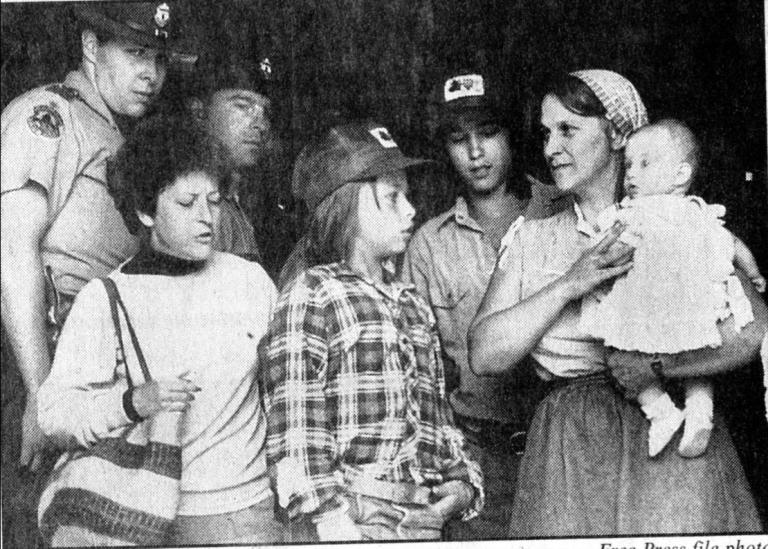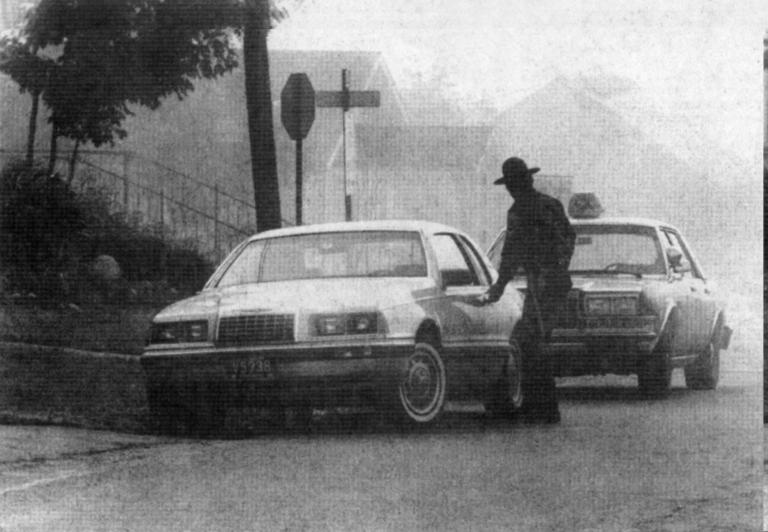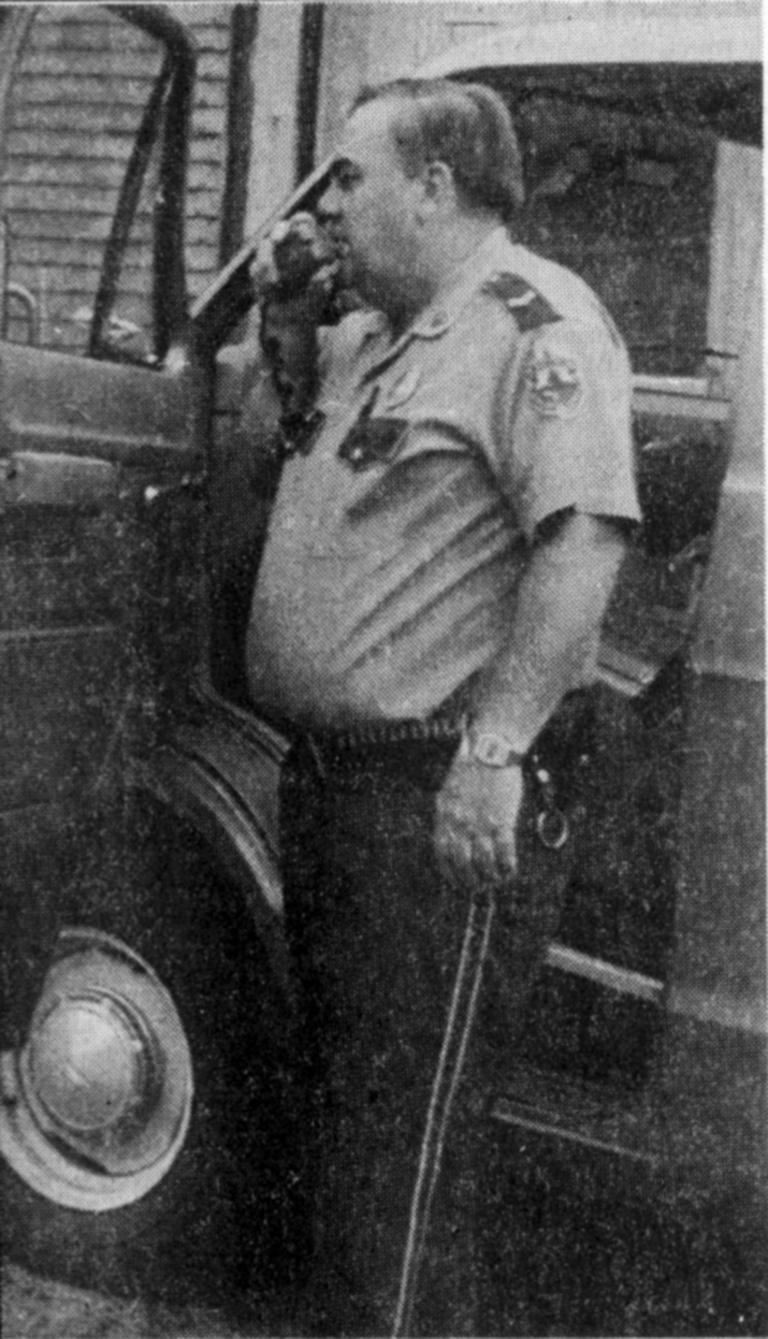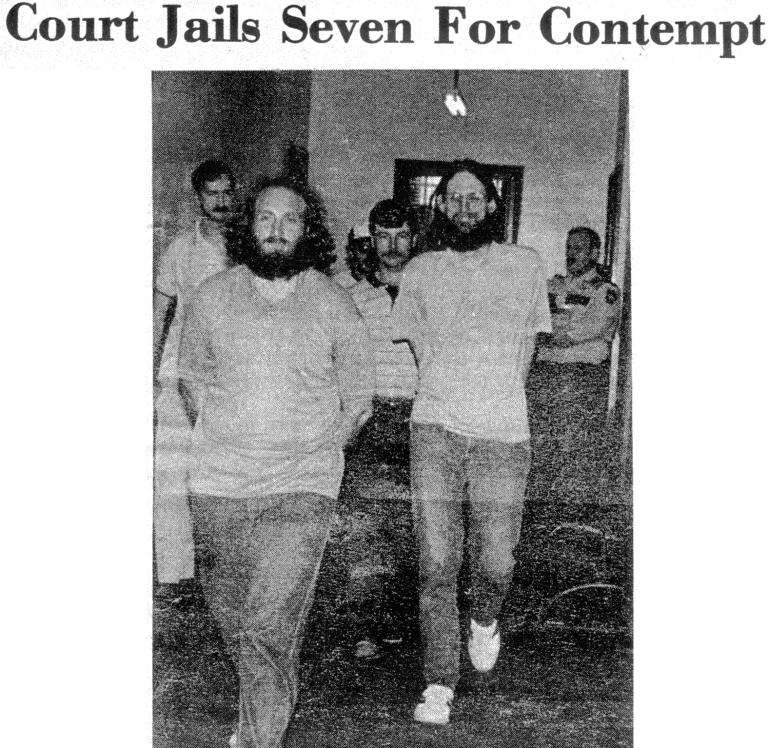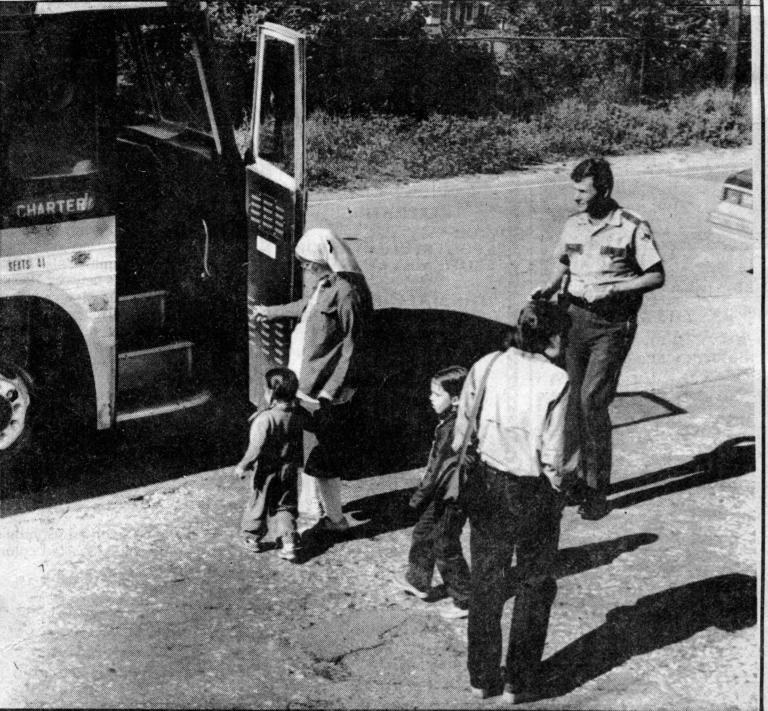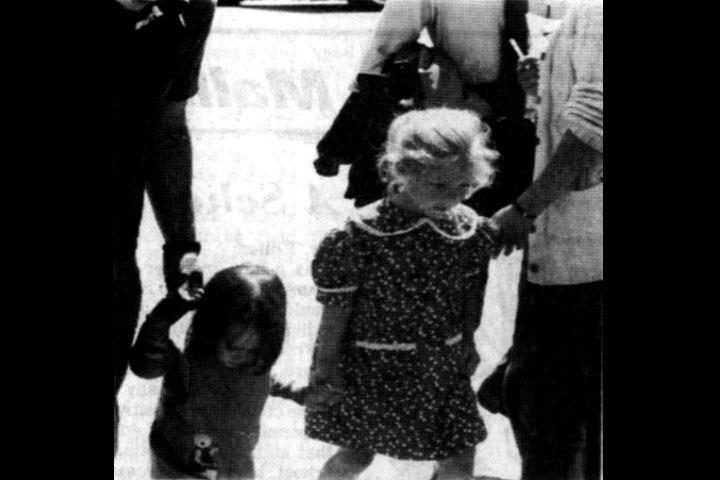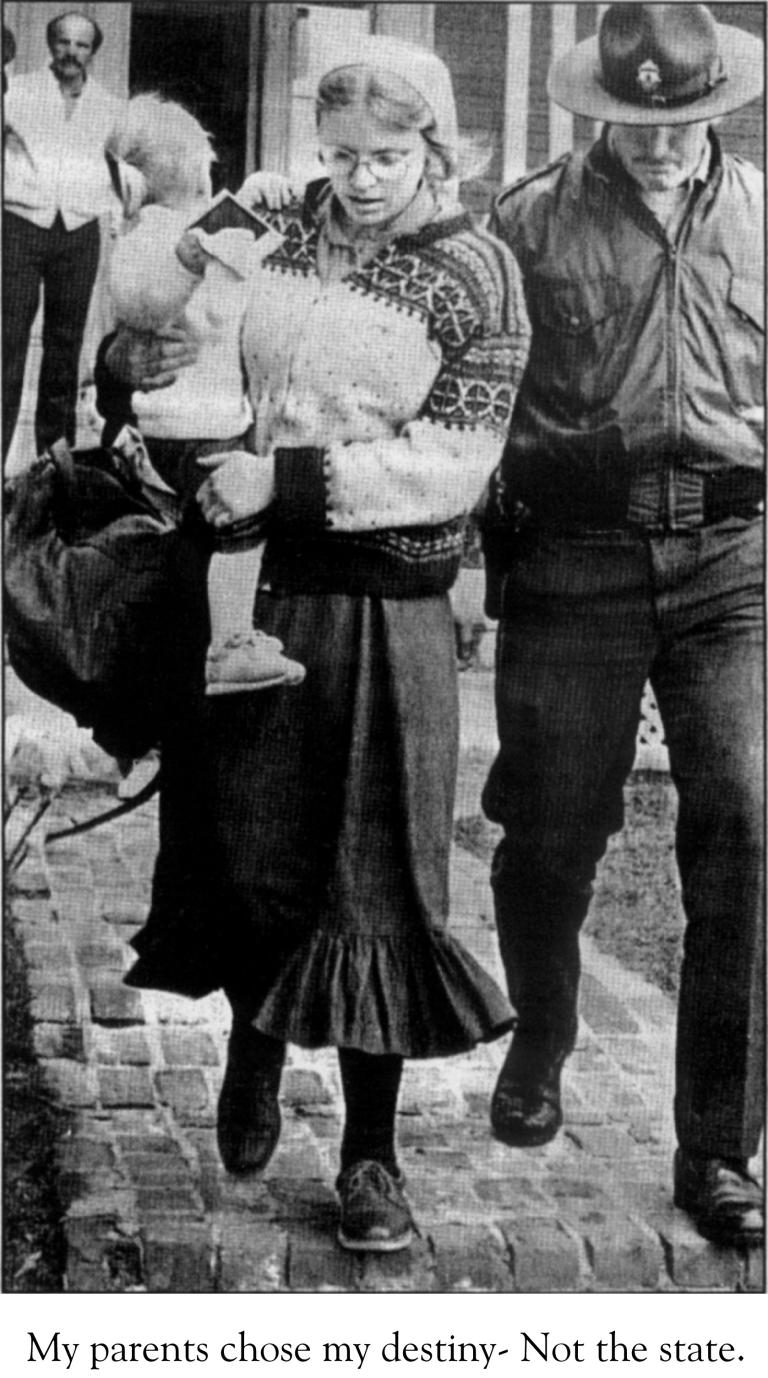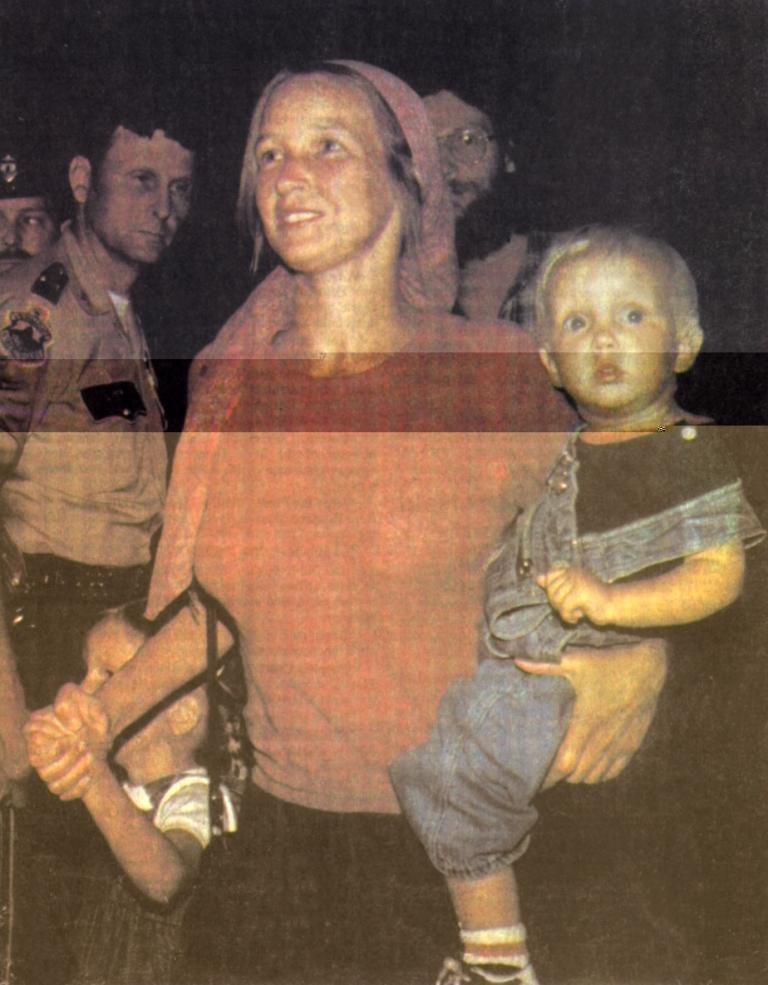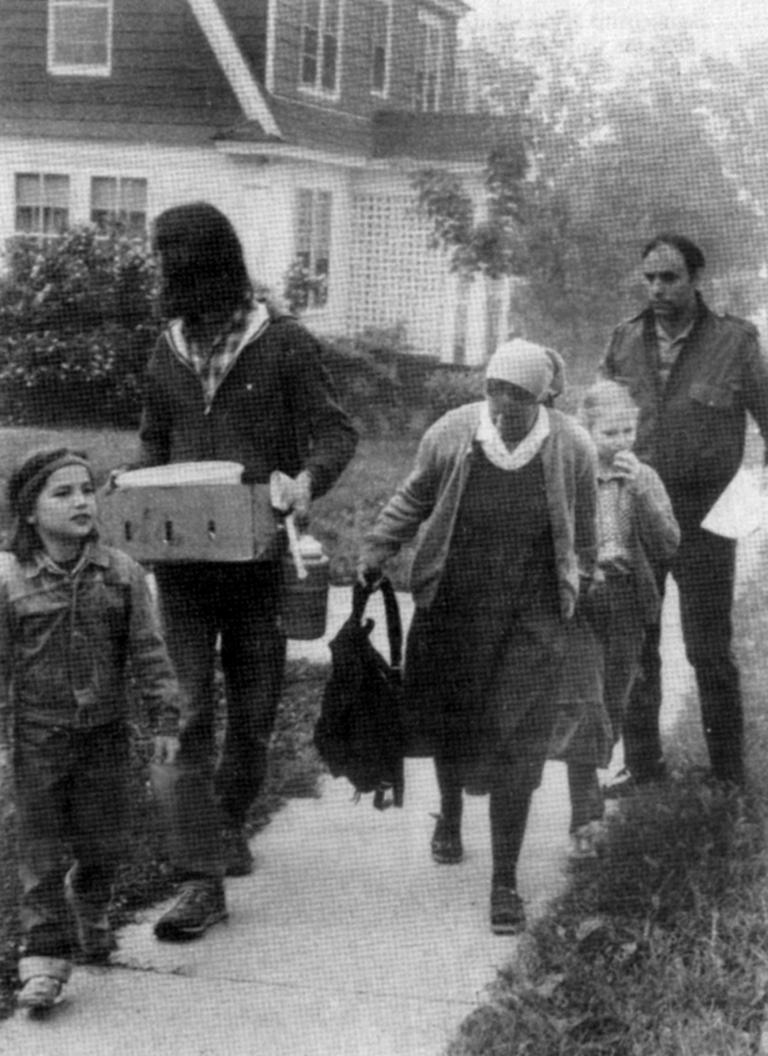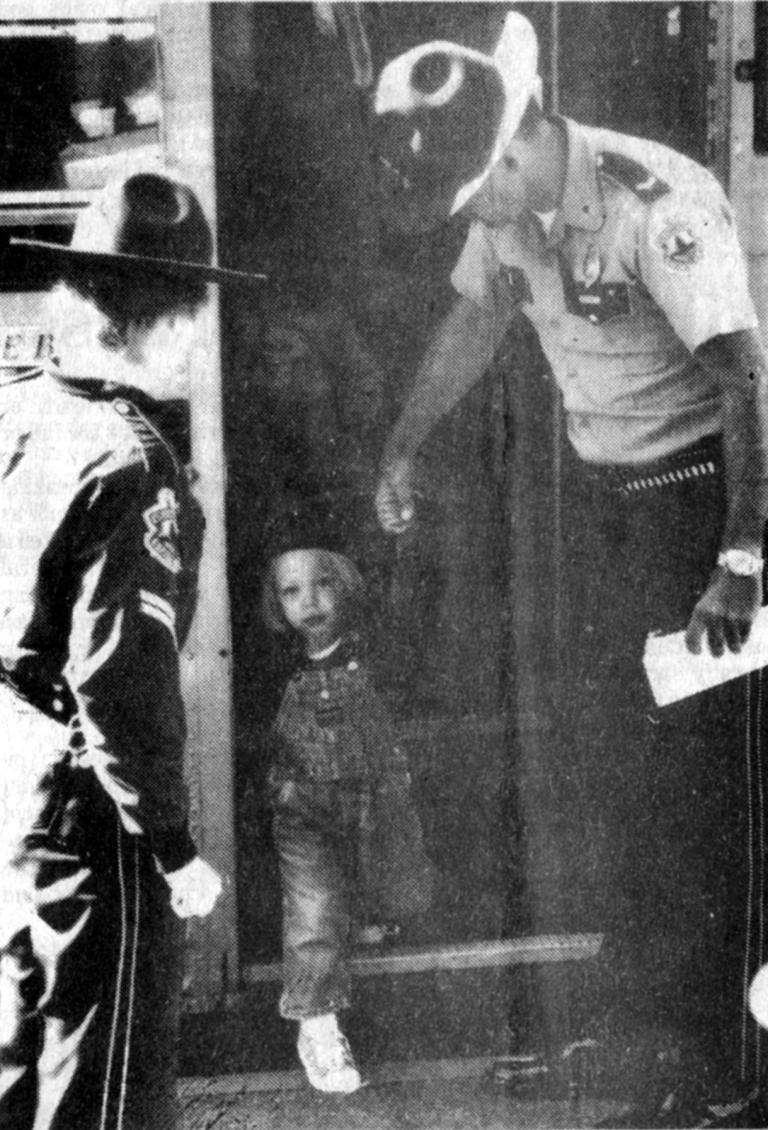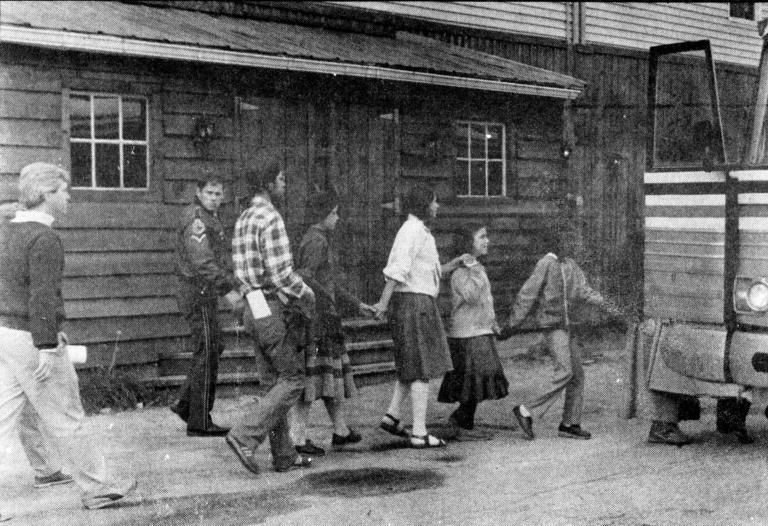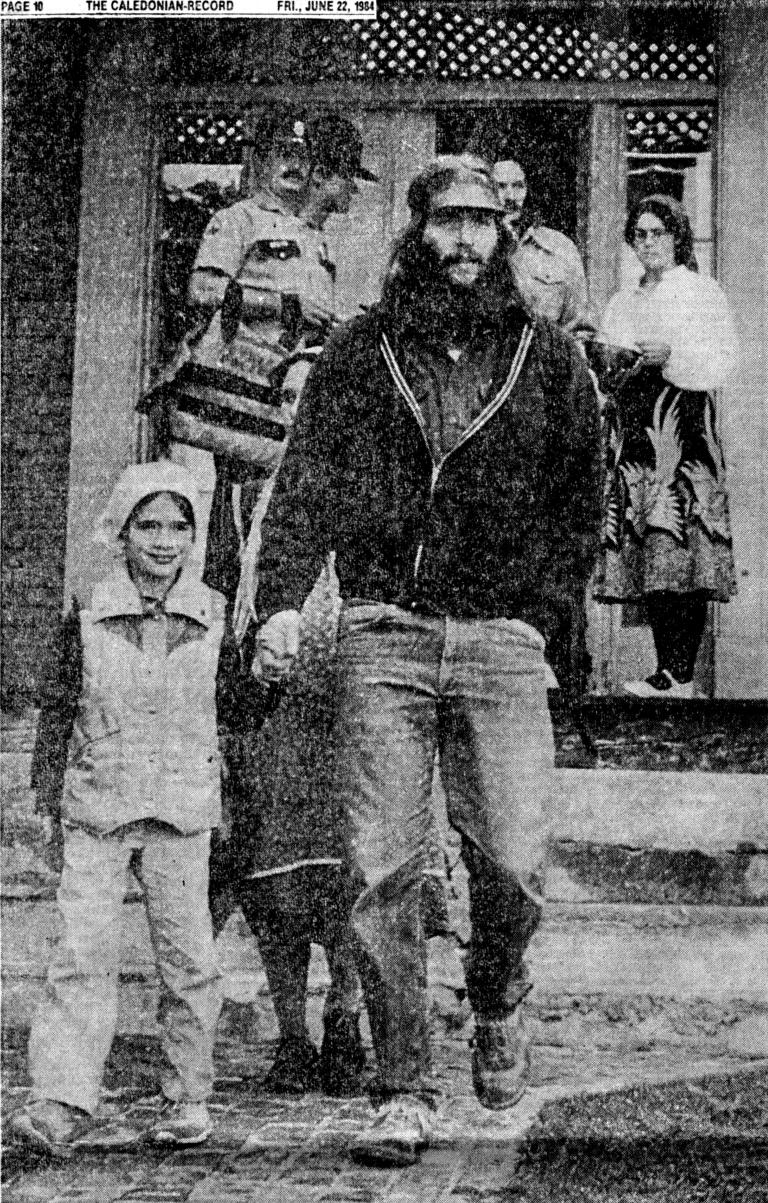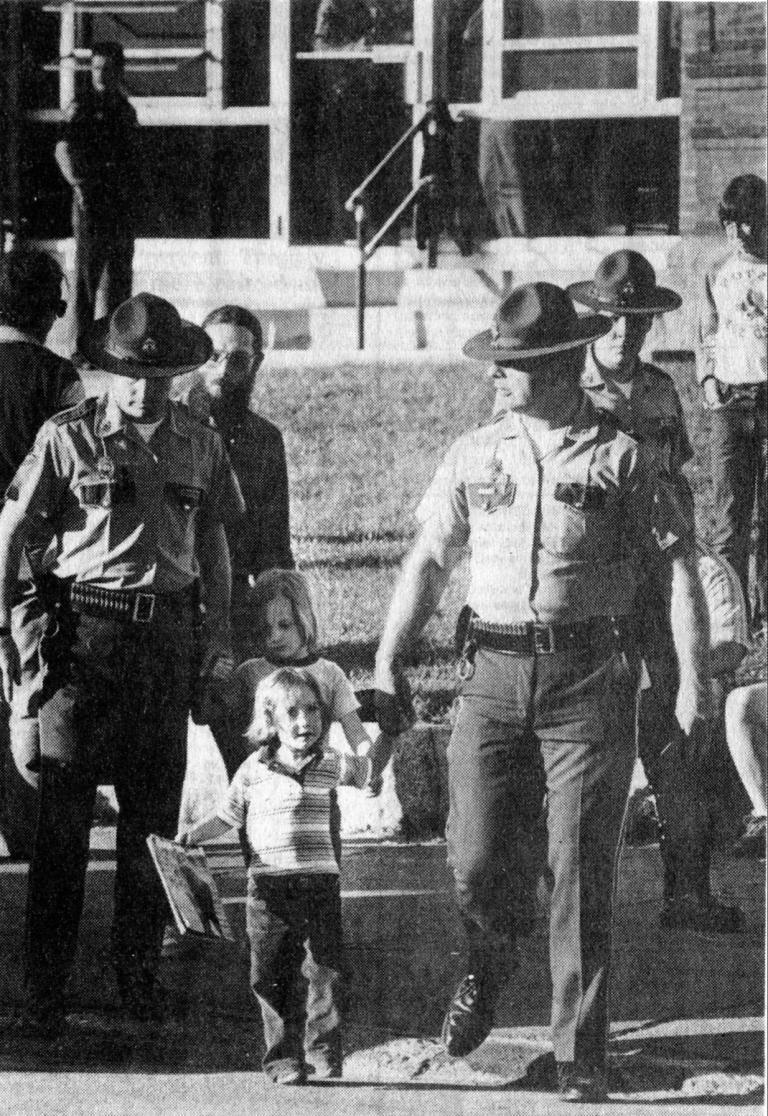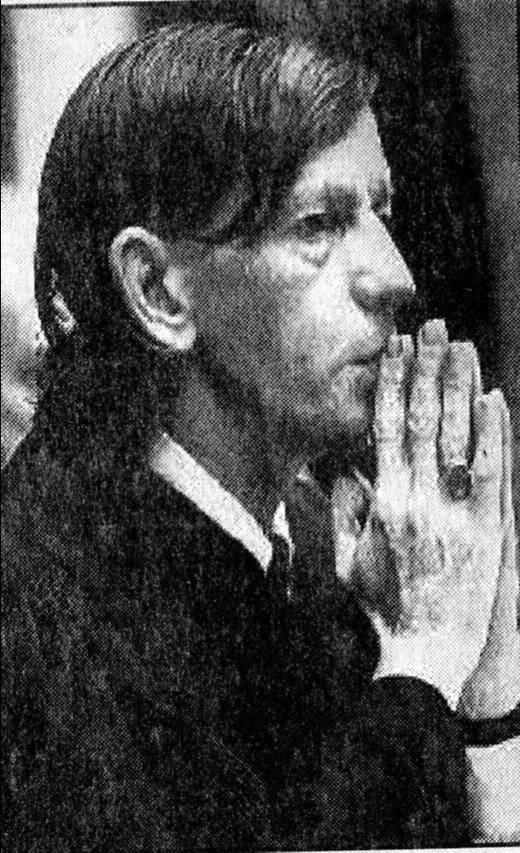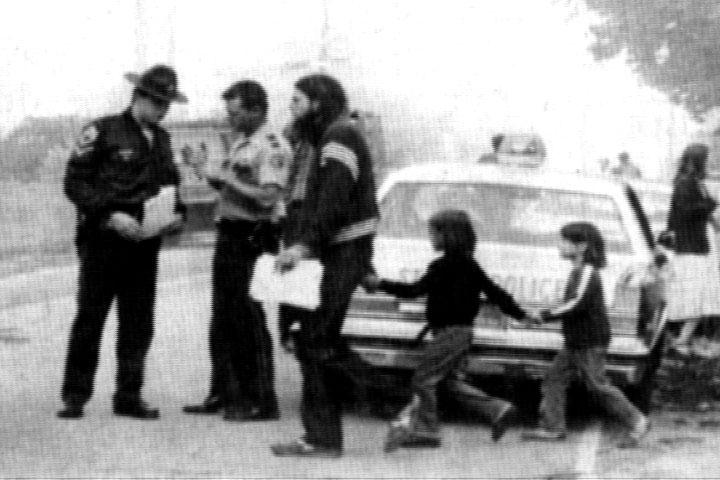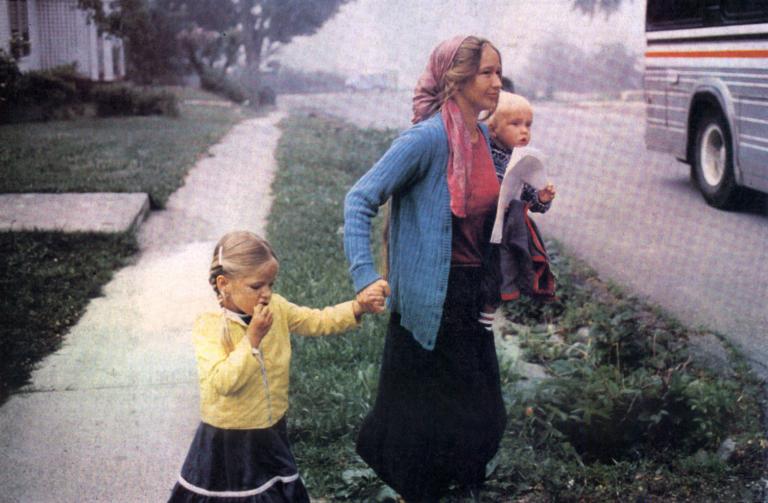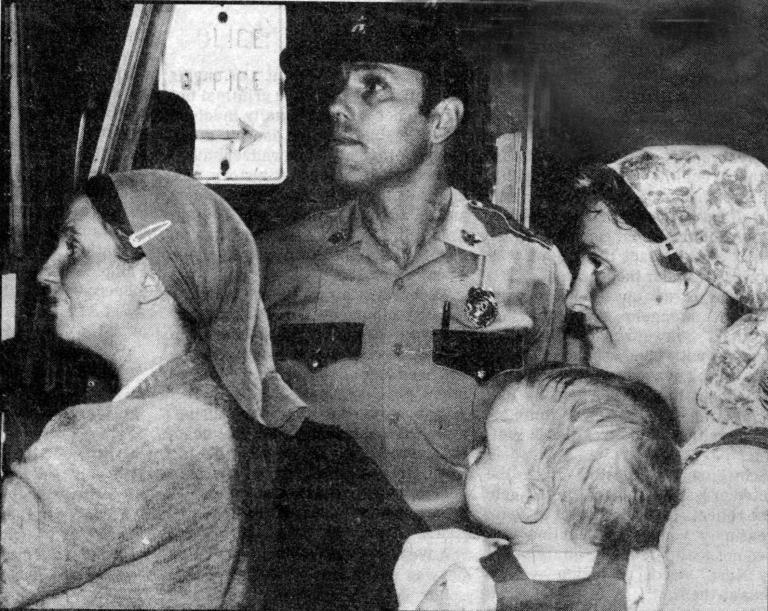The 1984 Raid in Island Pond
What Happened
On the morning of June 22, 1984, in the sleepy rural village of Island Pond, Vermont, nestled in the Green Mountains just south of the Canadian border, the powers of state government descended upon the 350 believers who lived there as a church community, in an effort to be satisfied that the children who resided within were not being severely abused.
Ninety Vermont State troopers in bulletproof vests and fifty social workers, armed with virtually unlimited police power, raided 19 homes in the pre-dawn hour demanding the names of the children and the children themselves. They waved papers, as if they had a flag of victory demonstrating the State's conquest over the religious beliefs of the individuals involved. A local judge had signed a search warrant to legitimize the round-up of the unsuspecting children, so the zeal of the social workers became unleashed to confidently intrude into the lives of these little ones as if they were doing them a great favor, rescuing them from the abusive clutches of their fanatical parents. 112 children were unlawfully seized that morning because of the religious beliefs of their parents.
June 22, 1984, was a Friday – a long, but glorious day for the families involved. After being transported, in custody, to the courthouse in Newport, Vermont, some 20 miles away, each family awaited their turn to appear before a judge who would decide if they would be separated or kept together. Happily for the parents, Judge Frank Mahady was a man who respected the State Constitution of Vermont as well as the U.S. Constitution and who did not judge by the barometer of public opinion. As he properly called the lawyers from the State Attorney General's Office to provide evidence of abuse to justify the seizure of each child, the State of Vermont was left with nothing to say, except to speak against the faith of those brought to court, with greater and greater intensity.
Court continued late into the night, calling each child by name. Each one was sent home with his parents, as there was no basis to keep even one for examination by the state's battery of doctors, social workers and psychiatrists who sat to no avail nearly an hour away at a ski resort, waiting to perform their scrutinizing rituals. At around 9 p.m. Judge Mahady had to decide what to do with the large group of children, approximately 60, whose parents did not give their names, despite the coercion of law enforcement's threatening tactics. After hearing the arguments, he released them all to return home with their parents. He gave the opportunity for any parent who had something to say, to speak. Many passionately told the story of their day and spoke of their deep gratitude for a judge who ruled justly. By 11 p.m. a bus of tired, but rejoicing, families headed home to Island Pond, singing the praises of their God who had delivered them and giving thanks for the judge whose humble response was, "I'm only doing my job."
Resources
Judge Mahady's Decision in the 1984 Island Pond Raid
In 1984 Judge Mahady upheld his reputation as a jurist who took very seriously the constitutional principles that are the foundations of justice. In this ruling about the actions of the State of Vermont on June 22nd 1984 he offers a remarkable order describing the 4000 year legal history of search warrants, pointing out how far the state of Vermont had strayed from it.
An Issue of Control: Conflict between the Church in Island Pond and State Government
Presented at the "14th World Congress of Sociology" in Montreal in July 1998, this paper describes how the anti-cult movement influenced the Attorney General's office to go beyond the law.
The Twelve Tribes' Communities, the Anti-Cult Movement, and the Government's Response
Published in the "Social Justice Research" journal (vol. 12, no. 4, 2000, p. 341-364), chronicling the various controversies that have surrounded us.
